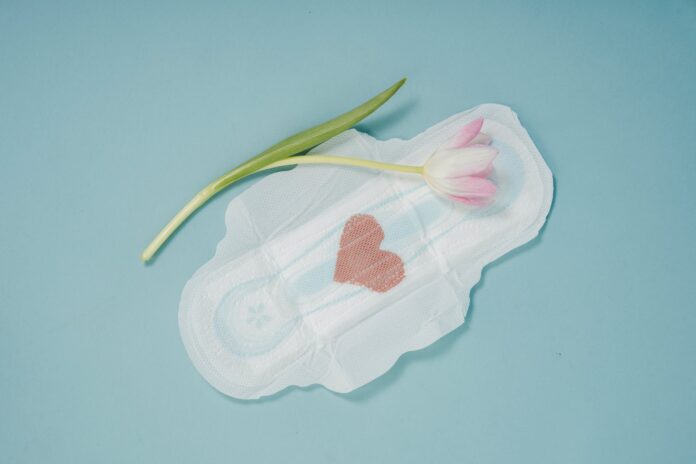
Feminine hygiene products play a crucial role in women’s health and well-being. However, recent reports indicate that the penetration of feminine hygiene products in India is still lower than 30%. One of the major challenges in increasing the penetration of feminine hygiene products in India is the lack of awareness. Many women, especially in rural areas, are unaware of the importance of menstrual health and the availability of hygiene products.
Vikas Bagaria, the founder and CEO of Pee Safe, highlighted that a significant number of women lack access to menstrual hygiene products. This is primarily due to various factors such as social stigma, inadequate education and awareness about menstrual health, and challenges related to the availability and affordability of hygiene products. Bagaria stressed their goal of enhancing the reach of these products, making them more accessible, and promoting awareness regarding feminine hygiene. Additionally, he mentioned that the company has experienced a doubling of revenues in the past two years.
Factors such as poverty, cultural norms, and education levels also impact the usage rates of feminine hygiene products. Limited purchasing power among a significant portion of the Indian women populace hinders their access to these products. Social stigma surrounding menstruation is another barrier to the adoption of feminine hygiene products. Many women still face taboos and restrictions during their menstrual cycles, which affects their ability to use and access these products.
Various organisations and brands are actively working to raise awareness about feminine hygiene and menstrual health. Pee Safe, a hygiene and wellness brand, aims to increase penetration by making these products more accessible and educating women about their importance. Companies like Pee Safe are expanding their retail presence in tier I and tier II cities, as well as rural areas, to reach a wider audience. They are also engaging in partnerships and distribution agreements to improve accessibility.
The Indian government has implemented schemes to promote menstrual hygiene, such as the ‘Swachh Bharat Mission’ and the distribution of subsidised or free sanitary napkins in various states. However, more needs to be done to ensure equitable access to menstrual hygiene products.
RTM Watch’s Take
Improving feminine hygiene penetration in India is crucial for the overall well-being of women. While efforts are being made to raise awareness and improve accessibility, there is still a long way to go. It is essential for both the government and private sector to work together to address the socio-economic barriers and social stigma surrounding menstruation. By providing education, affordable products, and supportive environments, we can empower women to take charge of their menstrual health and improve their overall quality of life.



































